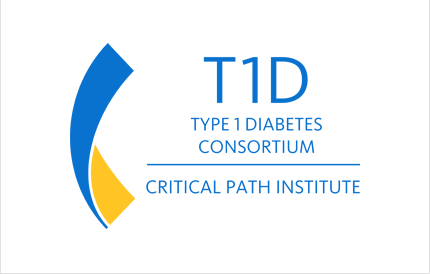
It was 2015—five years ago—that three organizations (BreakthroughT1D, the Endocrine Society and the American Diabetes Association) published a statement urging the adoption of a staging system of type 1 diabetes (T1D) that uses islet autoantibodies as biomarkers. (Biomarkers, in this sense, are indicators that a person is developing T1D but is still without symptoms.) It was today that there was some great news. The European Medicines Agency (EMA) presented a letter of support to the Critical Path Institute’s T1D Consortium—who Breakthrough T1D and like-minded organizations have partnered with—to facilitate the development and validation of autoantibodies for T1D for regulatory use. This is a big win for therapy developers and the T1D community.
Autoantibodies are antibodies against one’s own proteins. In T1D, there are three stages:
Stage 1: 2+ autoantibodies, blood glucose is normal, no symptoms
Stage 2: 2+ autoantibodies, blood glucose is abnormal, no symptoms
Stage 3: 2+ autoantibodies, blood glucose is abnormal, clinical symptoms appear
“This letter of support from EMA is a critical step in accelerating therapies that can, hopefully, delay and, ultimately, prevent T1D from developing,” says Jessica Dunne, Ph.D., senior director at Breakthrough T1D and co-director of the T1D Consortium. “It shows collaboration between regulators and researchers working together to get therapies into the hands of the type 1 diabetes community as quickly as possible.”
The ability to screen for subjects with early stages of T1D prior to the appearance of clinical symptoms is vital to the clinical trials investigating delaying, and ultimately preventing, symptomatic T1D. The autoantibodies may be used to identify subjects in early stages of the disease with a high risk of disease progression to symptomatic diabetes to enroll in clinical trials. Ultimately, the prevention of the appearance of these autoantibodies could possibly be used as a marker for prevention of T1D in clinical trials.
This regulatory endorsement will help provide sponsors with confidence to use islet autoantibodies in the optimization of clinical trials evaluating novel therapies focused on the delay and/or prevention of T1D.
The Letter of Support can be found on the EMA website or on the T1D Consortium website.